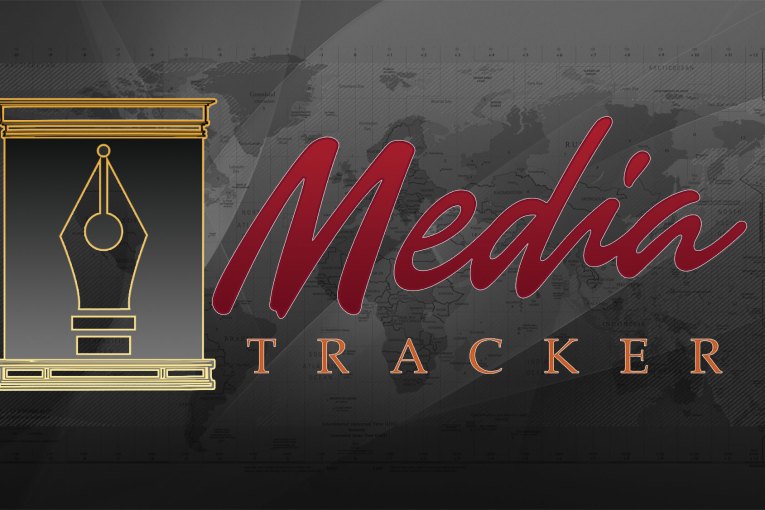
Media Tracker lists the challenges and achievements of the journalists and media organisations worldwide. Here’s a list of journalism at risk stories in the recent month. We would like to thank international media protection organisation and news outlets for their content.
- Independent reporter Abdimalik Muse Oldon was arrested on 15th February upon arrival at the capital Hargeisa’s (Somaliland) airport over comments he supposedly made on social media against Somaliland’s President and a video showing his “support” for the Somali President, Mohamed Abdullahi Mohamed Farmaajo. On April 8th Regional Court, found Oldon guilty of anti-national activity of a citizen abroad” and “publication or circulation of false, exaggerated or tendentious news capable of disturbing public order” and sentenced Oldon to two years in jail. As many as 19 journalists have been charged under this penal code in the past 3 years. (IFJ)
- Journalists Ales Levchuk and Milana Kharitonova, correspondents for the independent broadcaster Belsat TV, are to face charges of “violating regulations on manufacturing and distributing [illicit] mass media materials” and disobeying police for covering a March 18 protest in the city.
- Protests erupted in February after the imposition of a new tax on long unemployed Belarusians, and have since developed into broader protests against the 23-year rule of President Aleksandr Lukashenko. CPJ reported on dozens of cases of detention and other forms of intimidation of journalists covering the protests. At least eight journalists were sentenced to 5-15 days of arrest following the March 25-26 rallies with heavy fines up to $500. “I have no doubt that we will be found guilty and ordered to pay huge fines tomorrow,” Belsat quoted Levchuk as saying today. (CPJ)
- Secretary of Homeland Security John Kelly suggested to a committee hearing that the U.S. could request social media profile and password information as a condition to entering the country from applicants. Such requirements would have an impact on journalists and undermine their ability to protect sources, and would represent freedom challenges journalists could face at U.S. borders.
- International journalists question the validity of the approaching referendum in Turkey on changes to its constitution due to the massive curbs on freedom of information. The result will be crucial for the country’s future but the government’s tight grip on the media has robbed the masses of a proper debate. The state of emergency announced after last July’s abortive coup attempt has ended most pluralism in Turkey.
- More than 150 media outlets have been closed by force for allegedly collaborating with “terrorist” organizations. Some, such as Zaman, Bugün, Millet and Taraf, were accused of collaborations with the US-based cleric Fethullah Gülen, accused for masterminding the coup attempt. Others, such as İMC TV and Hayatın Sesi TV, were alleged to have supported the outlawed Kurdistan Workers’ Party (PKK). (RSF)



